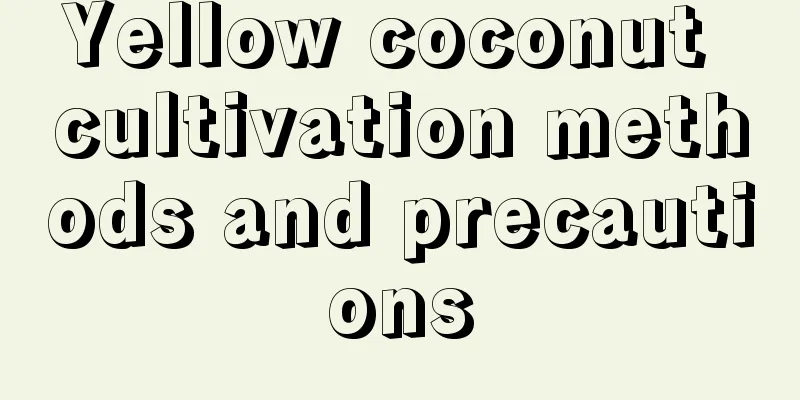How does pennywort survive the winter?

|
Pennywort is a very easy-to-grow green plant. Although it is not very eye-catching, it has strong vitality. No matter where it is grown, as long as there is sunlight, it can grow well and keep growing. It can grow many cute leaves. So how does pennywort survive the winter? Let’s take a look below. 1. Keep warm The pennywort is not cold-resistant, and the winter temperature should be kept between 15℃ and 25℃, and the minimum should not be lower than 5℃. If the temperature is below 10℃, the leaves of the pennywort will easily turn yellow and wither. Therefore, it is necessary to move the pennywort to a warm place indoors to avoid direct cold wind12. 2. Keep it moist Although the pennywort likes a humid environment, it should be watered in moderation in winter. When growing in soil, just keep the soil slightly moist to avoid water accumulation; when growing in water, be careful not to let the water temperature be too low, otherwise the roots will easily get frozen. Generally water it twice a week to ensure that there is no water accumulation in the pot soil. 3. Adequate lighting The pennywort needs plenty of sunlight to grow. In winter, it should be placed on a south-facing windowsill or balcony, providing at least 4-6 hours of diffuse light per day, or using artificial light to supplement the light for 8-10 hours. 4. Reduce fertilization In winter, the growth of pennywort is slow and its demand for nutrients is not high, so the frequency of fertilization should be reduced or even stopped. If the indoor temperature is suitable and the pennywort is still growing, you can apply diluted liquid fertilizer once a month, but the concentration should not be too high to avoid fertilizer damage. 5. Proper pruning In winter, the leaves of the pennywort may turn yellow or grow poorly. You can prune it properly, remove all the leaves, and only keep 2-3 cm of the stem so that it can grow lush again next year. 6. Switching from hydroponics to soil cultivation If hydroponics is used, when the temperature is below 5°C, it is recommended to switch the pennywort to soil culture, because the soil can provide better warmth and protect the roots from frostbite. It is not difficult to grow pennywort well. Its leaves grow large and numerous, and it looks pleasing to the eye wherever it is grown. If you follow this method in winter, it will grow more vigorously next year.
|
<<: How to trim dragon blood tree leaves that are too long?
>>: How to manage grape vines in winter?
Recommend
How to grow Schefflera on the balcony, what should be paid attention to
1. Can it be grown on the balcony? Schefflera is ...
The Flower Language of the Evening Bloom
The Flower Language of the Evening Bloom The even...
How to grow chrysanthemums well
Chrysanthemum Growing Conditions Chrysanthemum is...
How often should I water the golden marble?
How often should I water the golden marble? The w...
How to grow Staghorn Begonia in summer
Growth habit First of all, let’s talk about its g...
Cultivation methods and precautions of ground juniper
1. Watering It likes a humid environment and usua...
How long is the growth cycle of green onions?
Introduction to the growth of green onions Green ...
How to identify the maple
1. Blades The leaves of the Acer truncatum are br...
How to cut Magic Fountain Clematis
1. Pruning time The pruning time and emphasis are...
How to behead the Dripping Guanyin
1. Prepare tools First move the problematic dripp...
The difference between sasanqua and camellia
Different flowers Judging from the shape of the f...
Are succulents suitable for indoor cultivation?
1. Is it suitable? Some varieties of succulents a...
Identification and Treatment of Root Rot in Potted Plants and Trees
How to Identify Root Rot in Flowers and Trees Loo...
What medicine should be used to treat gardenia infested with insects
1. What medicine to use 1. Aphids: Aphids are ver...
Mountain lotus flower language
Flower Language This flower represents family aff...









